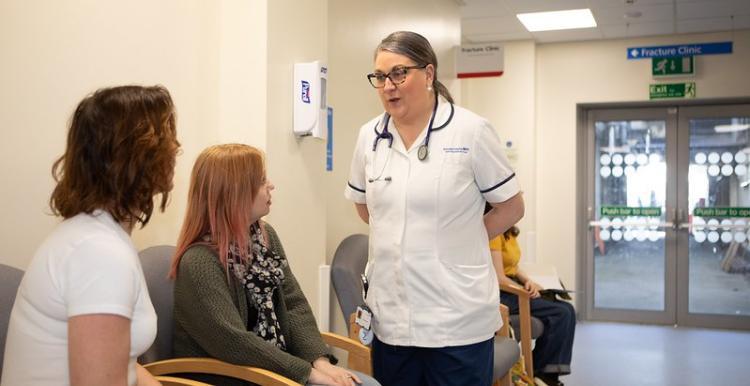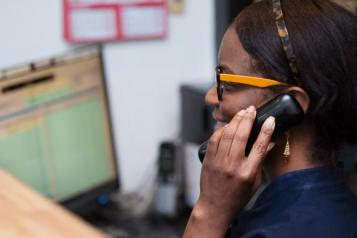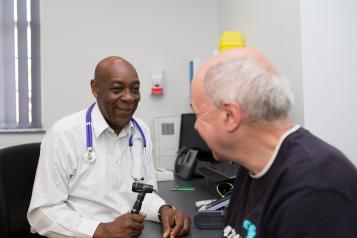When should I use NHS 111

How does NHS 111 work?
If you have an urgent but not life-threatening health problem, you can contact NHS 111 for support.
NHS 111 is open to help you 24 hours a day, seven days a week, and is free to call when you have an urgent healthcare issue.
How do I contact NHS 111?
There are several ways you can contact NHS 111 for urgent medical help:
- By using the 111 online website
- In the NHS App
- By calling 111
- Text relay – call 18001 using text relay.
- Visit SignVideo website for a British Sign Language call.
To speak to an operator in another language, dial 111 and ask for an interpreter.
How can NHS 111 help me?
NHS 111 helps get people the right physical and mental health advice and treatment when they urgently need it.
A specialist health advisor will collect some information from you about your symptoms. They will then direct you to the service that can best help you. They might suggest:
- Calling 999 or going to A&E in an emergency
- Going to an urgent treatment centre
- Seeing an out-of-hours GP
- Booking a callback from a nurse
- Getting urgent specialist support, for dental or mental health problems
- Contacting your own GP surgery
- Seeing your local pharmacist
- Looking after yourself safely at home
What should you do if you have a life-threatening emergency?
If you or a loved one has a life-threatening emergency, you should call 999 or go straight to your nearest emergency department.
Will I receive ongoing medical treatment from the hospital?
If you have an ongoing medical problem that you manage by going straight to A&E when you're ill, it might be better for you to try and contact the hospital specialists who look after you before you go to A&E.
If you have complicated medical problems, you may need to be looked after somewhere other than A&E, particularly if you are vulnerable to infection. But if you are extremely ill, go to your nearest emergency department or call an ambulance.
What should I do if you require support for communication needs?
- You can tell the call handler that you need an interpreter.
- Call 18001 111 on a text phone or using the Next Generation Text (NGT) Lite app on your smartphone, tablet or computer.
- Use the NHS 111 British Sign Language (BSL) interpreter service if you’re hard of hearing or deaf and want to use the phone service.
- You could ask a family member, friend or carer to tell the health professional your communication needs so you can clearly communicate your health issues.

